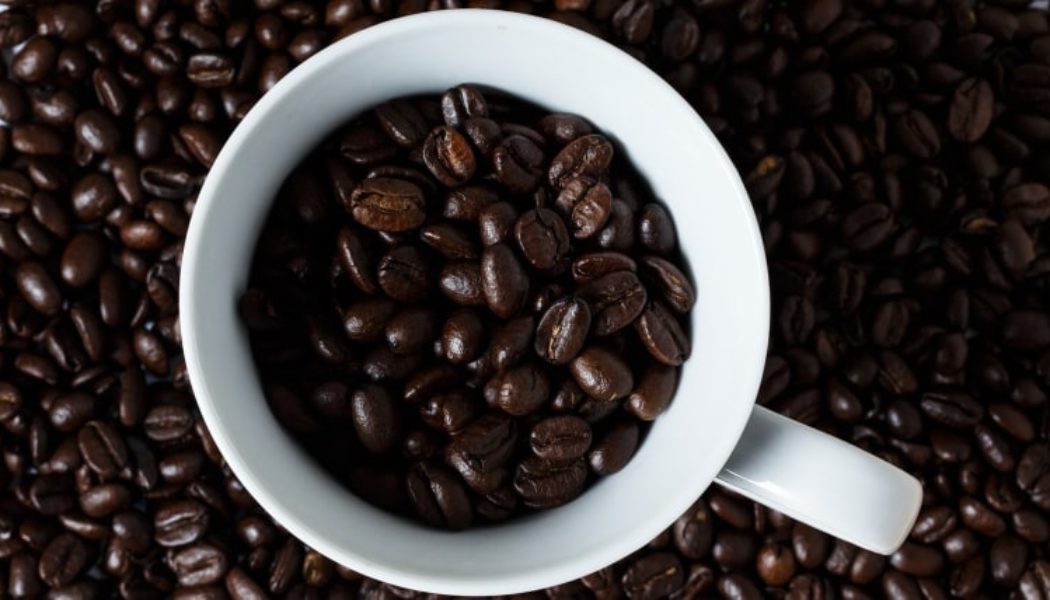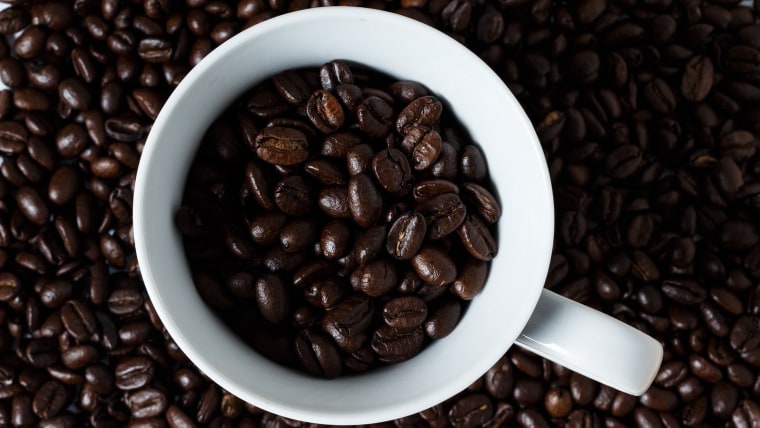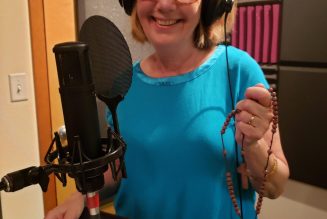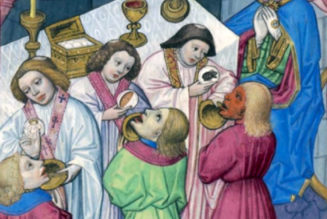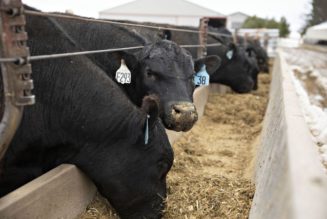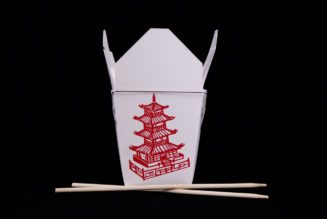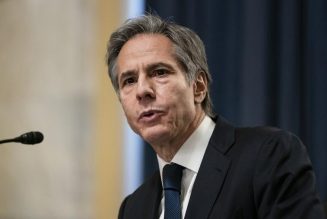Many coffee drinkers will tell you there’s something about that morning cup that other sources of caffeine just can’t match.
Researchers in Portugal recently set out to investigate that idea: Is caffeine solely responsible for making people feel more alert, or do other parts of the morning ritual — coffee’s smell or taste, perhaps — trigger that energetic feeling?
“If you listen to these individuals, they typically say that they need to have coffee in the morning to get ready. We wanted to understand the brain mechanisms and functional connectivity pattern that would justify this claim,” said Nuno Sousa, one of the study’s authors and a professor at the University of Minho’s School of Medicine in Portugal.
The researchers recruited 83 people who drank at least one cup of coffee a day to undergo MRI scans so they could observe the participants’ brain activity.
Of that total, 47 people were scanned before drinking their morning cup of coffee, then again 30 minutes after they had a cup. The 36 others were simply given caffeine diluted in hot water — no coffee — and underwent the same types of MRI scans before and after they consumed the beverage.
The results, published last week in the journal Frontiers in Behavioral Neuroscience, suggest that, indeed, certain changes in brain activity were attributable only to coffee, while others were attributable to caffeine, as well.
The scans revealed that both groups — those who consumed caffeine and those who drank coffee — had decreased activity afterward in a part of the brain that puts people in a resting state. That indicated that people were more ready to start their days and engage with others after consuming either beverage. Decades of research has already shown that caffeine, a psychostimulant, can help people feel more aroused and alert.
However, the MRI scans showed that drinking coffee increased activity in parts of the brain involved in short-term memory, attention and focus, whereas ingesting caffeine on its own did not.
The researchers theorized that the sight, smell or taste of coffee may help people feel alert, regardless of the caffeine content.
“The pleasure that is given to an individual that likes coffee in the morning, that actually is part of almost a ritual that really is also important for that individual to feel that ‘I’m ready for the day,'” Sousa said.
He added that people who don’t regularly drink coffee may not experience the same effect.
Mark Mattson, an adjunct professor of neuroscience at Johns Hopkins University School of Medicine who wasn’t involved in the research, said the findings weren’t surprising, since people form associations with particular sensory experiences over time, which in turn can influence their future reactions.
“It kind of makes sense, right? Coffee has taste and smell, so when you drink coffee, you’re activating brain regions that are involved in the perception of the taste of the coffee, the perception of the smell,” Mattson said.
Dr. Uma Naidoo, a nutritional psychiatrist at Harvard Medical School, said the sight of coffee may trigger positive memories or make a person believe they’re about to feel more awake.
“The visual impact of coffee is powerful,” she said. “It could be like, ‘Oh, I think there’s something that gives me energy now. I’m going to have something that gives me that second wind I need at work or to study.'”
That’s different from a placebo effect, she added, since the coffee is still inducing a physical, and perhaps emotional, response.
All three researchers said it’s also possible that the natural chemicals found in coffee may have independent effects on brain activity, apart from those of caffeine. A group of chemicals in coffee called epicatechins, for instance, has been shown to improve memory in animal studies.
Sousa said the goal of the study is not to influence anyone’s coffee consumption habits.
“We are not saying that coffee is good or coffee is bad,” he said.
Mattson also pointed out that the study comes with several limitations. For one, the MRI scans measured blood flow, but caffeine can restrict blood flow, so the scans may not give a clear picture of its impact on brain activity. Mattson also noted that the study didn’t include people who drank decaf coffee, which might have helped distinguish the effects of coffee versus caffeine on the brain.
Naidoo, meanwhile, highlighted that most of the study participants were women, so there could be sex-based differences in how people’s brains respond to coffee.
But one point on which the researchers agreed is that coffee is a healthier way to consume caffeine than energy drinks or soda.
“It has caffeine, but it also is very rich in antioxidants and some polyphenols,” Naidoo said, referring to natural compounds that may lower blood pressure, destroy cancer cells and protect against diabetes by improving metabolism.
“There’s also another substance called trigonelline that gives coffee the aroma, the taste, that bitterness, but it also has antibacterial, antiviral properties,” Naidoo said.
